Erik ten Hag's Unlikely Future at the Red Devils
Erik ten Hag’s journey with Manchester United appears to be drawing to a close after a season full of disappointments. The campaign ended with the team finding themselves in eighth place in the Premier League, marking their lowest finish in the Premier League era. This finish, compounded by an untimely exit from the Champions League, has cast a shadow over Ten Hag’s managerial credentials at one of England’s most storied clubs.
Throughout the season, there have been whispers of discontent within Old Trafford. Players and fans alike have voiced concerns over the lack of consistency and direction. Despite some moments of brilliance, the Red Devils struggled to find momentum, a trait that was all too evident during key fixtures. The FA Cup final against Manchester City will be Ten Hag’s last match in charge, as suggested by reputable Sky Sports Italia reporter, Gianluca di Marzio. Regardless of the outcome of this final showdown, plans are already in place for his exit.
Kieran McKenna Tops the Candidates List
Manchester United has not been idle in preparing for the impending managerial vacancy. According to sources, the club has zeroed in on a list of potential candidates, with Kieran McKenna emerging as the frontrunner. Currently plying his trade at Ipswich Town, McKenna boasts a notable history with Manchester United, having served as an assistant manager prior to his move to Ipswich.
McKenna’s tenure at Ipswich has been nothing short of remarkable. His ability to cultivate young talent and inspire cohesive play has made him a household name in the coaching world. Recognizing his potential, Manchester United has already made initial contact. An insider referred to McKenna as the ‘man of the moment,’ illuminating the club’s high regard for his capabilities. If successful, McKenna’s return could usher in a new era of strategic game planning and player development at Old Trafford.
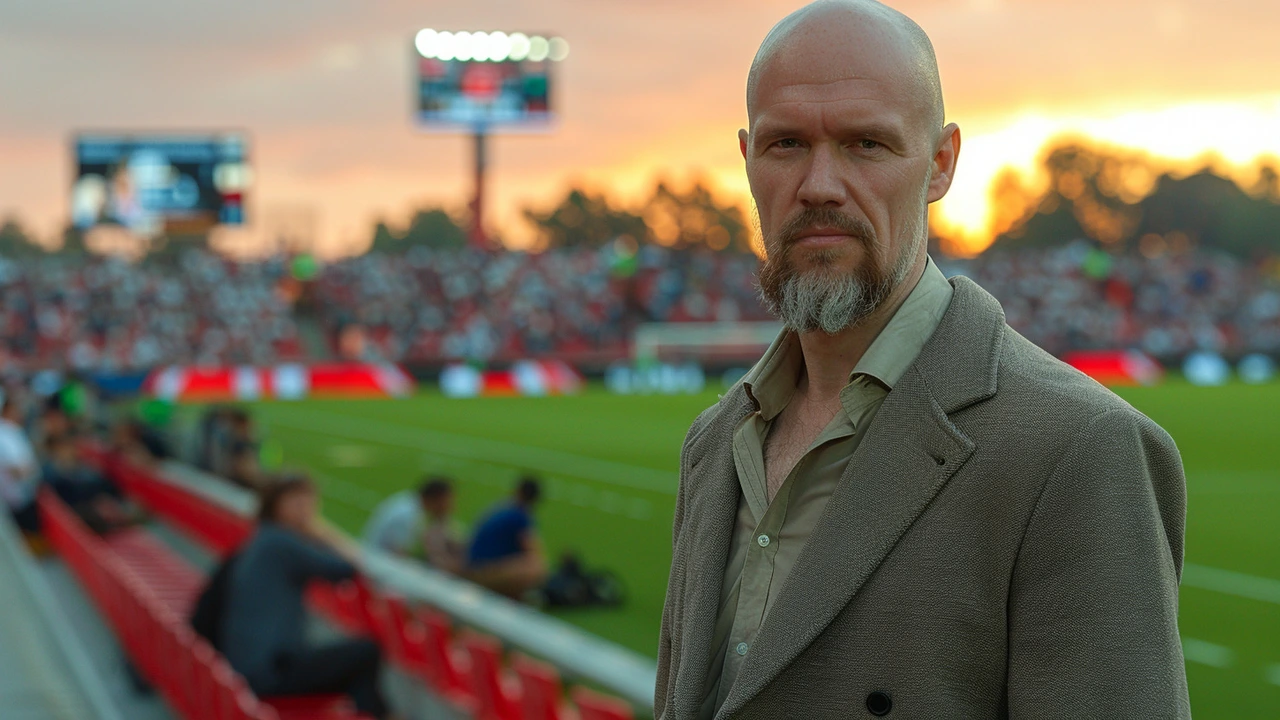
Alternatives: De Zerbi and Pochettino
In the event that McKenna is unavailable, Manchester United has prepared alternatives. Roberto De Zerbi and Mauricio Pochettino are among the names being considered. De Zerbi, known for his tactical acumen, has caught the attention of multiple top-tier clubs. His dynamic and visionary approach to soccer could potentially reinvigorate Manchester United’s playing style.
Mauricio Pochettino, having recently parted ways with Chelsea, also stands as a viable candidate. Known for his adept management skills and ability to nurture young talent, Pochettino might be the steady hand United needs during this transitional period. His vast experience in the Premier League makes him an appealing choice, capable of understanding the intricacies and pressures of English football.
A Look Back at Ten Hag’s Tenure
Erik ten Hag’s time at Old Trafford has been a roller-coaster ride. Arriving with a promising record from Ajax, there were high hopes for his tenure. While he did manage to lead Manchester United to three cup finals in two seasons, with one Carabao Cup victory, these achievements have been overshadowed by the team’s erratic league form and early European elimination.
The inconsistency witnessed over the season has been a sore point for fans and management alike. Each time the team seemed to find their form, they faltered at crucial junctures. This led to growing frustration and questioning of Ten Hag’s strategic effectiveness.
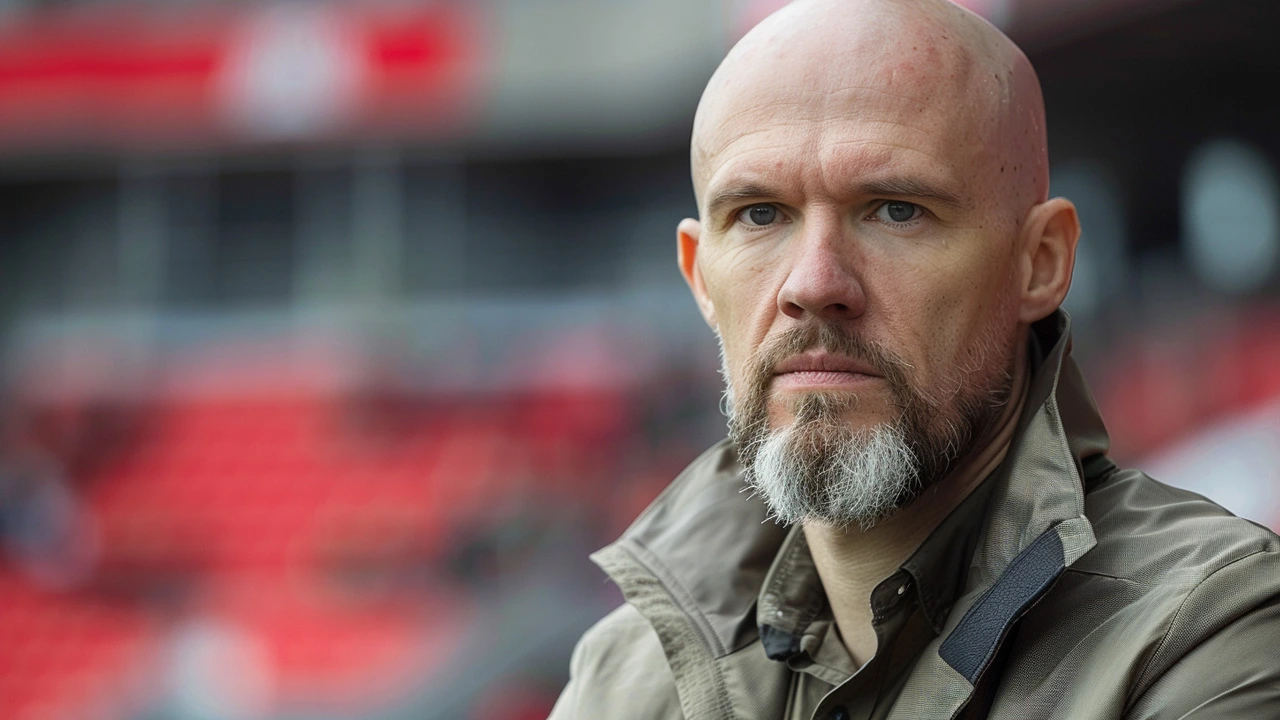
Challenges Ahead
For whichever manager ultimately steps into Ten Hag’s shoes, the challenges are clear. Restoring Manchester United to their former glory requires addressing the apparent lack of cohesion and consistency on the field. Building a team that can compete at both domestic and European levels will be paramount.
Investing in young talent, solidifying the defense, and striking a balance in midfield will be immediate areas of concern. Moreover, the new manager will need to foster a winning mentality and unity within the squad, which has sometimes been fragmented by individual performances not meshing into a coherent team effort.
The Fans’ Perspective
Manchester United’s loyal fanbase has long been a cornerstone of the club. Their expectations, built on years of unrivaled success under Sir Alex Ferguson, demand a return to those glory days. This season’s underperformance has tested their patience, but hope remains that a new managerial direction can reignite their beloved club’s fortunes. Many are eagerly watching the developments, pinning their hopes on the new managerial choice to bring stability and success.
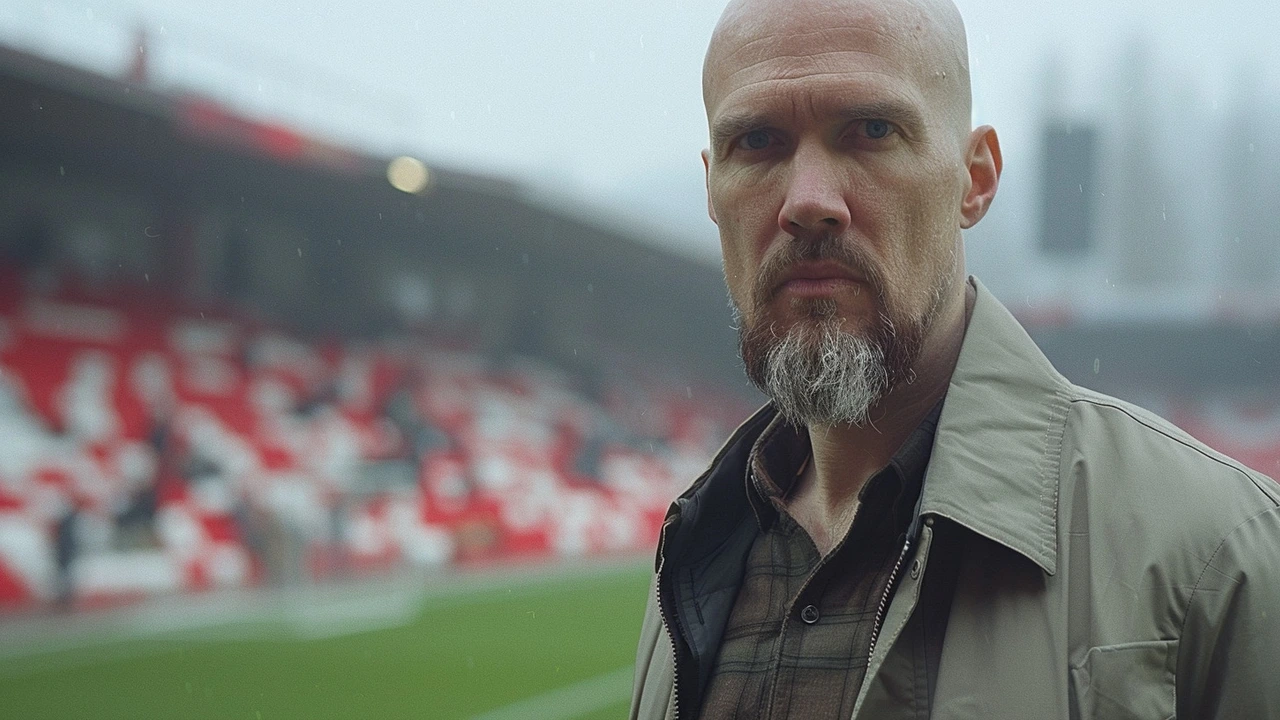
Final Thoughts
Erik ten Hag’s departure marks another chapter in Manchester United’s recent history of managerial changes. The Red Devils are at a crossroads, where the right leadership could potentially pivot the team back to its winning ways. Kieran McKenna’s potential appointment symbolizes a blend of the old and new—a coach familiar with the club’s ethos but with fresh ideas to propel them forward.
As the FA Cup final against Manchester City looms, all eyes will be on how the current squad performs under Ten Hag’s final game-plan. Regardless of the result, Manchester United’s journey through these turbulent times will continue with a new face at the helm, generating both optimism and curiosity among fans and critics alike.

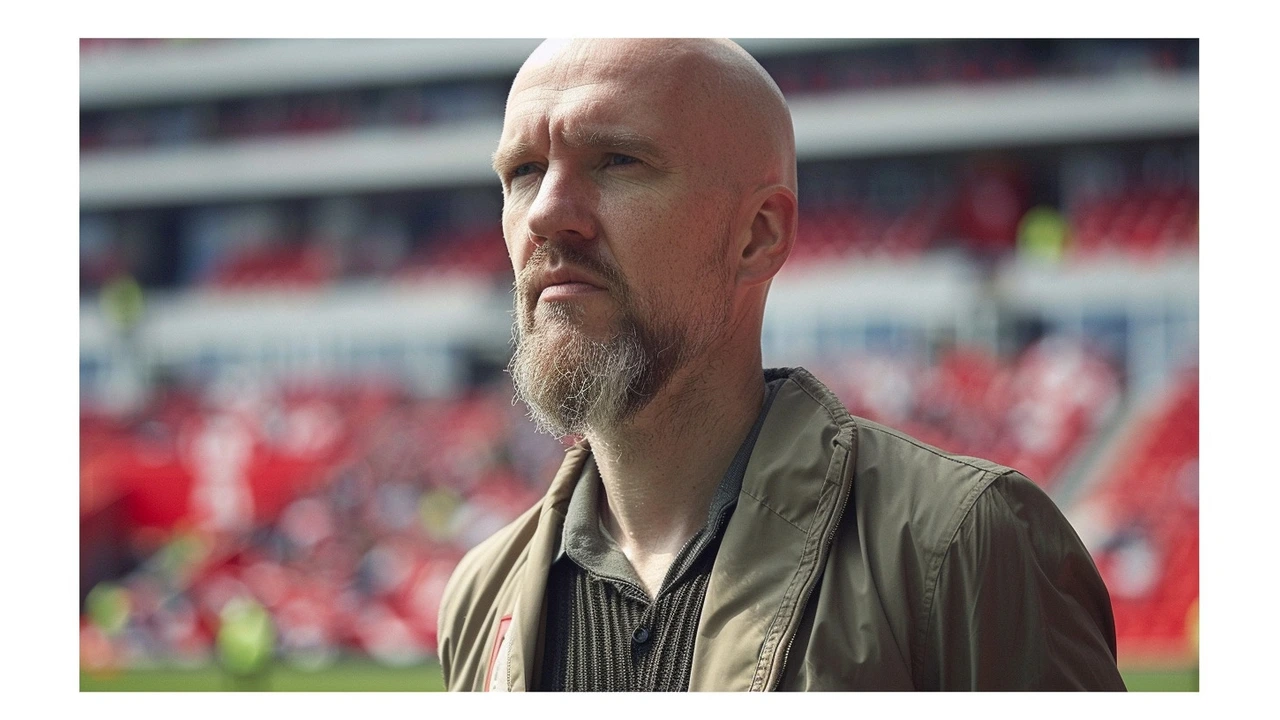
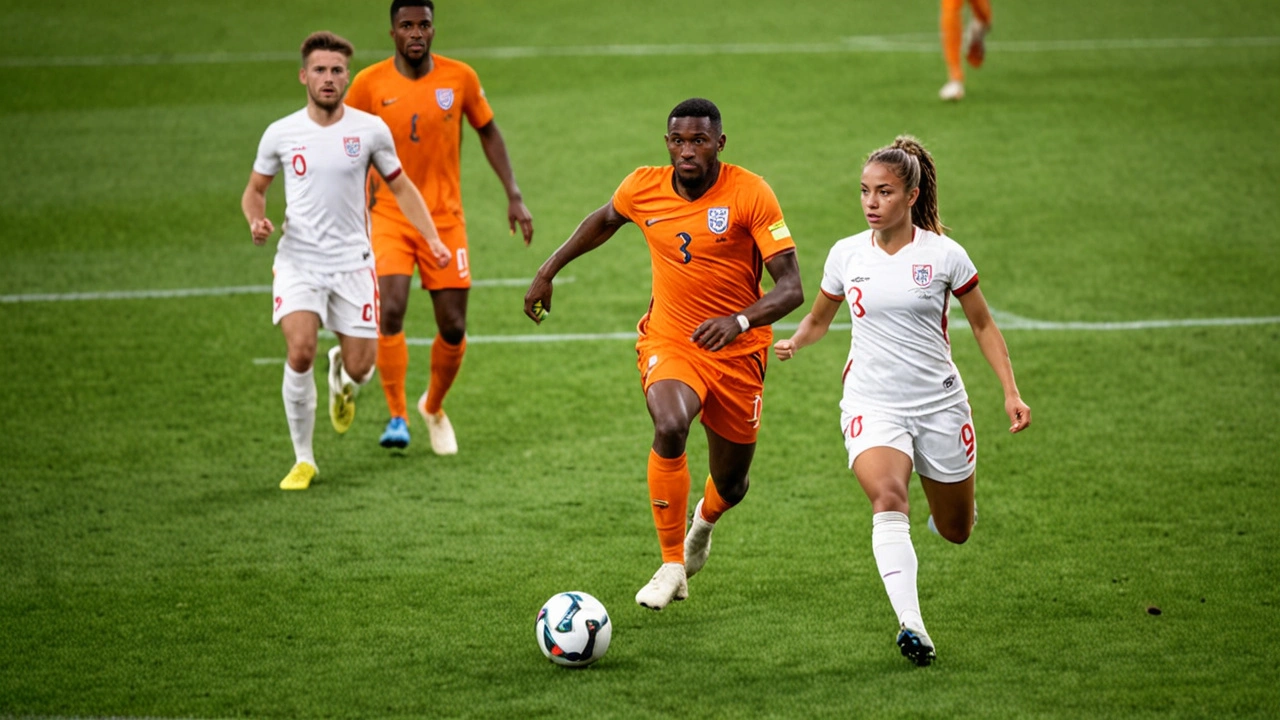
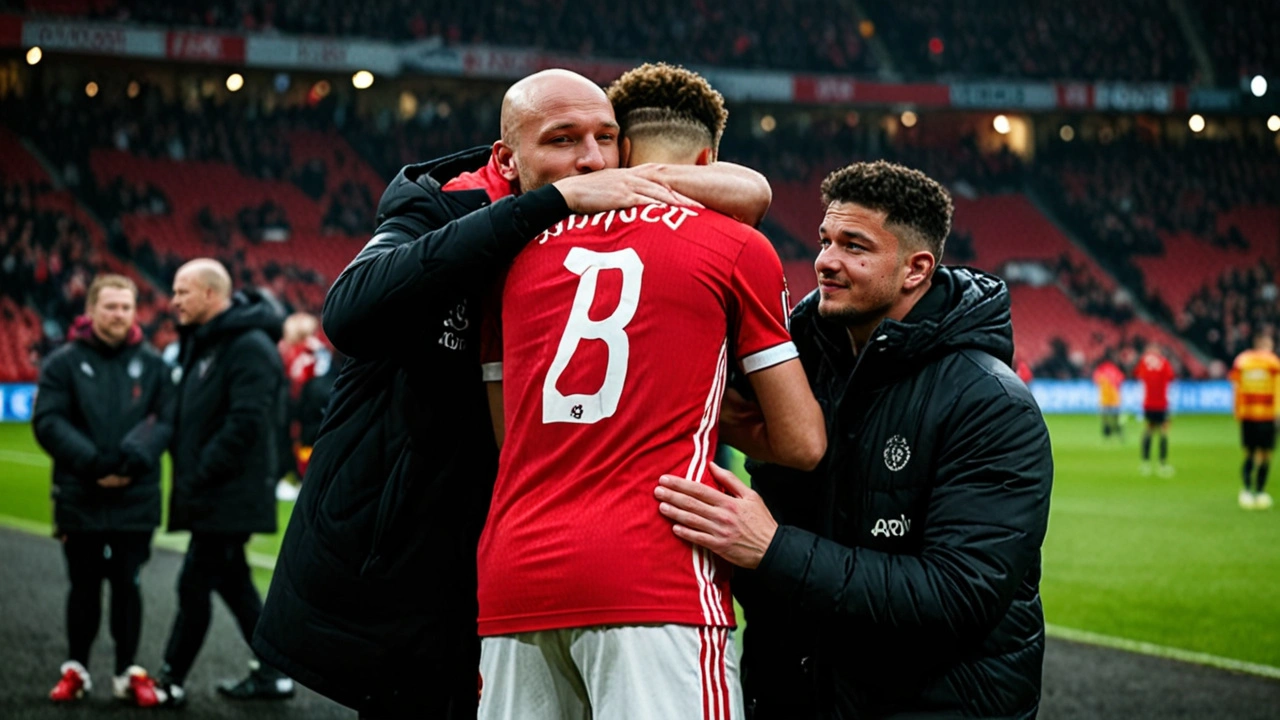
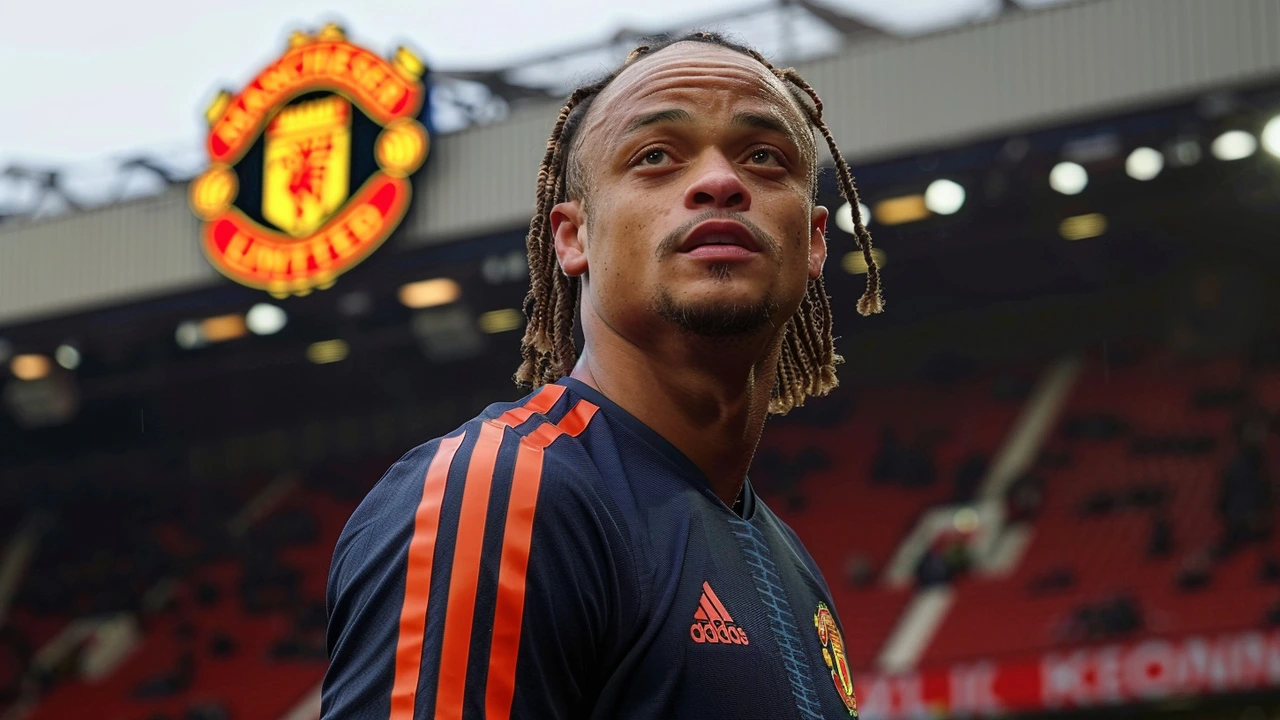
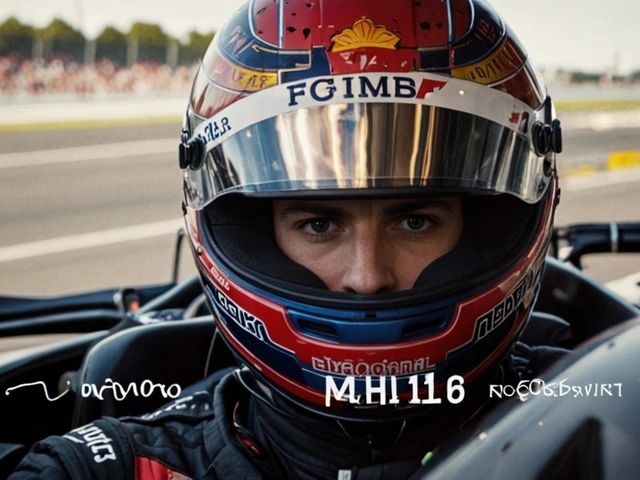
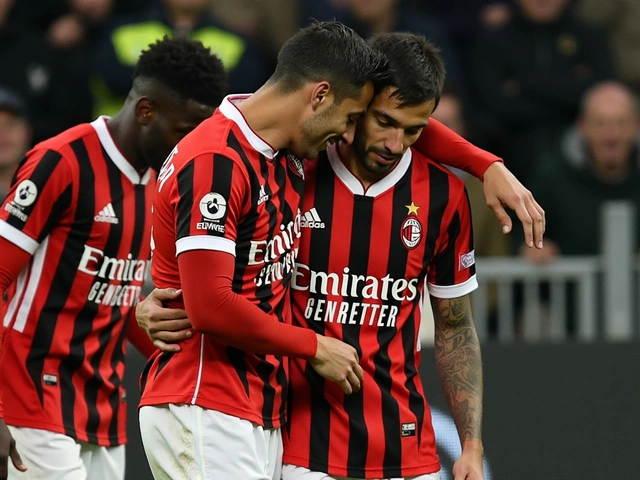
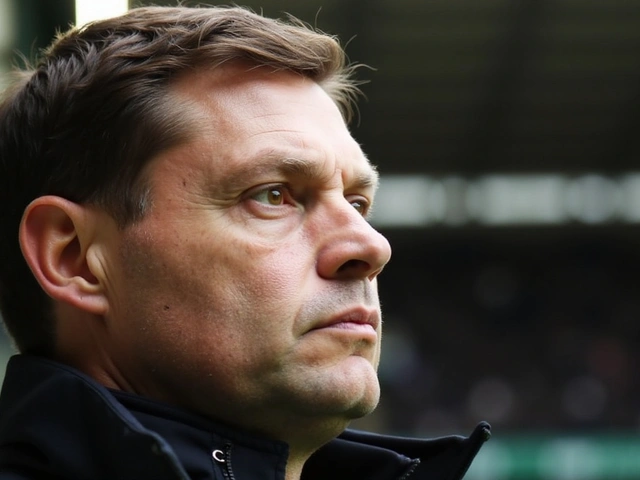
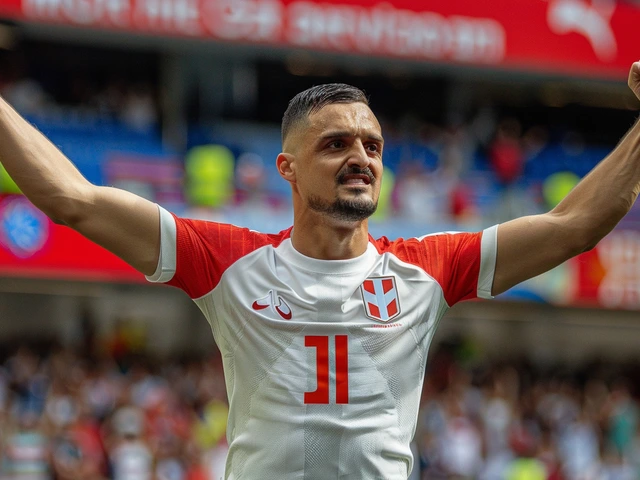
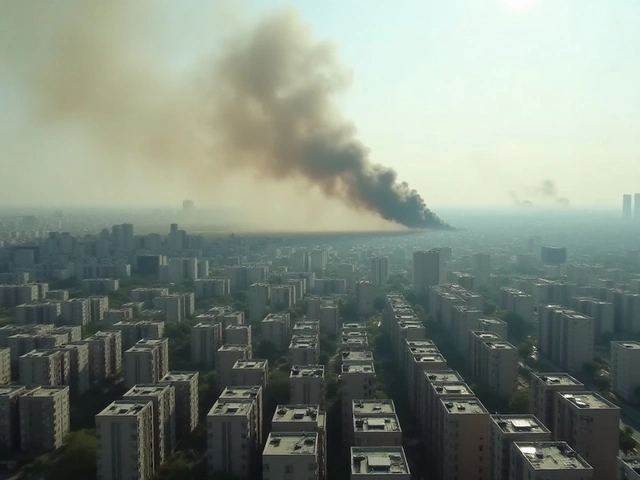
Dee Boyd
May 23, 2024 AT 15:13 PMFrom an ethical standpoint, the systematic erosion of Manchester United's competitive integrity under Ten Hag constitutes a breach of fiduciary duty to the club's stakeholders, manifesting in suboptimal tactical schemas and a pernicious lack of strategic cohesion.
The deployment of high‑pressing frameworks without calibrated player conditioning reflects a profound misalignment between managerial ambition and operational feasibility.
Such incongruous methodologies exacerbate the club's exposure to performance volatility, thereby undermining long‑term brand equity.
Consequently, the governance apparatus must reevaluate the cost‑benefit calculus of retaining a coach whose praxis prioritizes ostentatious philosophy over tangible results.
In sum, the moral imperative to restore the club's competitive ethos supersedes any residual loyalty to an underperforming figurehead.
faye ambit
May 23, 2024 AT 15:21 PMContemplating the broader ramifications, one might consider the philosophical dimensions of leadership transition within a storied institution.
While the immediate reaction may be to lament the loss of a particular vision, the potential for collective renewal often lies dormant in such turning points.
It is essential to foster an inclusive dialogue that honors past contributions without becoming mired in nostalgia.
Rahul Sharma
May 23, 2024 AT 15:30 PMAnalyzing the situation, it becomes evident-particularly when one examines the empirical data of win percentages, goal differentials, and player utilization metrics-that the current trajectory is unsustainable.
It is incumbent upon the club's hierarchy, therefore, to implement decisive corrective measures, to recalibrate strategic objectives, and to align managerial appointments with a coherent long‑term vision.
Furthermore, the integration of culturally adaptive methodologies, drawn from comparative footballing ecosystems, could engender a more resilient squad dynamics.
Emily Kadanec
May 23, 2024 AT 15:46 PMHonestly, u cant deny that Ten Hag was just not the right fit for United.
He kept makin the same mistakes over and over, like pulling the striker too early and not knoing how to use the wingers proper.
People keep talkin about his tactics, but the reality is he cant adapt his gameplan to the Premier leauge grind.
william wijaya
May 23, 2024 AT 15:55 PMThe drama of this season feels like a Shakespearean tragedy-heroes rise, villains fall, and the crown hangs in precarious balance.
We watched promising attacks dissolve into chaotic counter‑attacks, and the defense seemed to sway like a ship caught in a storm.
Yet amid the gloom, there were flashes of brilliance, reminding us why the red jersey still ignites passion worldwide.
Lemuel Belleza
May 23, 2024 AT 16:03 PMTen Hag's tenure was a disappointment.
Carol Wild
May 23, 2024 AT 16:11 PMWhen one delves into the labyrinthine corridors of elite football governance, one uncovers a tapestry woven not merely of on‑field tactics but of clandestine machinations that transcend the obvious narratives.
It is, therefore, not an overstatement to claim that the departure of Ten Hag is emblematic of a broader, orchestrated shift designed to recalibrate power structures within the sport's upper echelons.
The very fact that certain media outlets selectively amplify rumors while suppressing dissenting analysis suggests a concerted effort to shape public perception.
Moreover, the timing of speculative reports, coinciding with strategic sponsorship negotiations, raises questions about the influence of commercial imperatives over sporting integrity.
One must also consider the role of external advisory conglomerates, whose opaque advisory panels wield disproportionate sway over managerial appointments, often cloaked in secrecy.
Such entities, operating behind veiled curtains, are known to synchronize their recommendations with broader geopolitical interests, thereby ensuring alignment with hidden agendas.
In this context, the emphasis on candidates like McKenna, De Zerbi, and Pochettino may not be purely meritocratic but rather reflective of pre‑ordained narratives crafted by these shadow networks.
It is a known phenomenon that certain clubs act as proxies for larger financial syndicates, whose strategic interests dictate the ebb and flow of managerial churn.
The presence of these undercurrents, while invisible to the casual observer, becomes evident upon scrutiny of contract clauses that disproportionately favor third‑party stakeholders.
As we observe the unfolding drama, one cannot ignore the subtle yet pervasive influence of algorithmic media manipulation, wherein sentiment analysis tools are employed to engineer consensus.
These tools, crafted by technocratic elites, curate the discourse in a manner that masks true dissent and amplifies prescribed viewpoints.
Consequently, the narrative surrounding Ten Hag's exit is not merely a straightforward assessment of performance but a multilayered construct designed to preserve the status quo.
While fans lament the loss of a charismatic leader, the deeper reality may be that the club is being steered toward a predetermined destiny by forces beyond the pitch.
Thus, the saga of United's managerial future should be interpreted not solely through the lens of sport but as a case study in the convergence of power, profit, and covert orchestration.
Ethan Smith
May 23, 2024 AT 16:20 PMFrom a governance perspective, establishing a clear succession plan is paramount to ensuring continuity and minimizing disruption.
Transparent communication with supporters, coupled with data‑driven selection criteria, can help align expectations and foster confidence.
Subhash Choudhary
May 23, 2024 AT 16:28 PMYo, totally agree-let's keep it real and just see who actually shows up with a solid game plan.
No more drama, just results on the pitch.
Evelyn Monroig
May 23, 2024 AT 16:36 PMEveryone pretends they're just talking football, but the truth is the entire hierarchy is under the influence of shadow financiers who manipulate appointments to serve their own cryptic agendas.
These puppet masters orchestrate the entire narrative, ensuring that only candidates who toe the line are even considered, while dissenting voices are silenced through media blackouts.